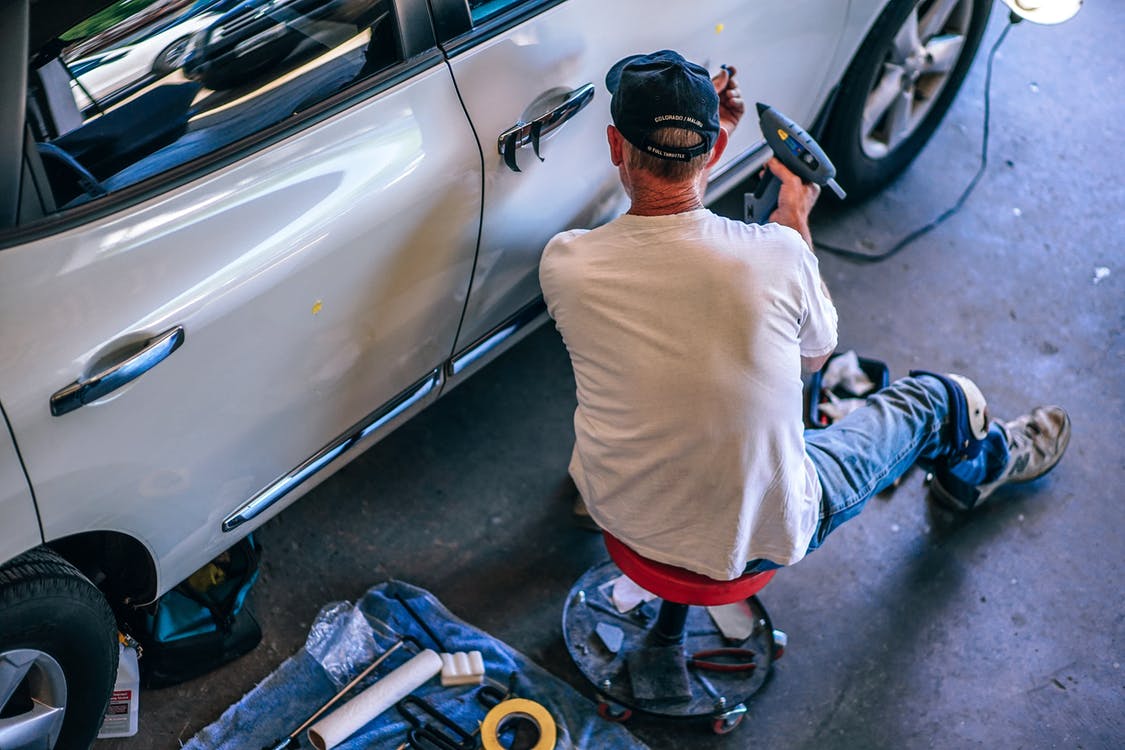Why refrain from making modifications to your car
By
Posted on Mar 04, 2019

When you buy a car, most of what comes after is pretty much entirely based on your decision. You can ride it where you want, and when you want, you can choose who rides with you, and most importantly, you can choose to modify it or not.
However, just because you can do things like these doesn't mean you have to, especially in making modifications. It may seem fascinating to alter your ride and add touches that really make it your own, but this comes with consequences and costs. Remember that for the most part, alterations are irreversible.
So, before you do decide to do anything to your car, read on as we get the lowdown on the risks and consequences that come with modifying a vehicle.
1) Decreased resale value

A lot of people who are looking to buy a second-hand car mostly prefer one that has never been modified. They have more faith in a vehicle in which no alterations or part replacements have been made. The main reason for a considerable drop in resale price of cars is the fact that the essence of the brand (which is reflected in the original parts) has been replaced or is no longer there.
2) Warranty issue may arise

Your car's warranty only covers the unit as well as all the default factory installations to it. Needless to say, any alterations and modifications that are made to the vehicle may have a high chance of voiding the company warranty. These parts include but are not limited to the engine, ECU, electrical wiring, the entertainment system, the speakers and so on. In fact, two of the most well-known car manufacturers in the world, Volkswagen and Ford, have already expressed their rejection of providing warranty and service assistance to their clients who choose to make modifications to their car.
3) Decreased dependability
The leading car manufacturers and even those that try their best to keep up with the competition test their products months, and even years, before presenting it to the public. This makes sure that cars are road worthy and meet safety standards.
Although modifications are made usually to boost performance and durability, there is that possibility that the parts you use as a replacement may not be tested as much as the original parts. There is also the chance that the replacement part won't be working well with the other parts in the vehicle, stock or not.
So if you still wish to proceed with making modifications, we highly suggest you do it to an older car. Something that has exceeded the warranty period will be a great choice. It's also a good idea to work on cars that would really appreciate in value after alterations and upgrades to parts were made, especially if you're looking to sell it in the future.

